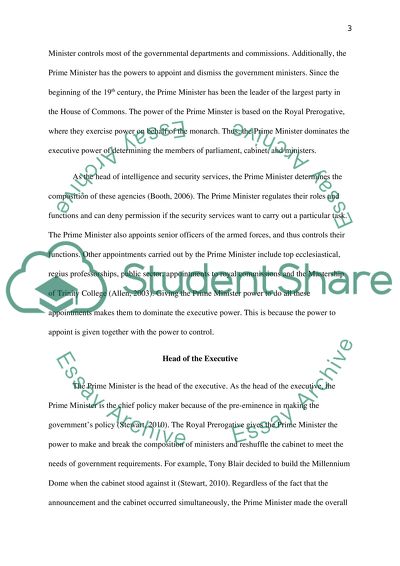Cite this document
(“'Executive power in the UK is dominated by the Prime Minister' Essay”, n.d.)
'Executive power in the UK is dominated by the Prime Minister' Essay. Retrieved from https://studentshare.org/history/1495297-ychexecutive-power-in-the-uk-is-dominated-by-the
'Executive power in the UK is dominated by the Prime Minister' Essay. Retrieved from https://studentshare.org/history/1495297-ychexecutive-power-in-the-uk-is-dominated-by-the
('Executive Power in the UK Is Dominated by the Prime Minister' Essay)
'Executive Power in the UK Is Dominated by the Prime Minister' Essay. https://studentshare.org/history/1495297-ychexecutive-power-in-the-uk-is-dominated-by-the.
'Executive Power in the UK Is Dominated by the Prime Minister' Essay. https://studentshare.org/history/1495297-ychexecutive-power-in-the-uk-is-dominated-by-the.
“'Executive Power in the UK Is Dominated by the Prime Minister' Essay”, n.d. https://studentshare.org/history/1495297-ychexecutive-power-in-the-uk-is-dominated-by-the.


